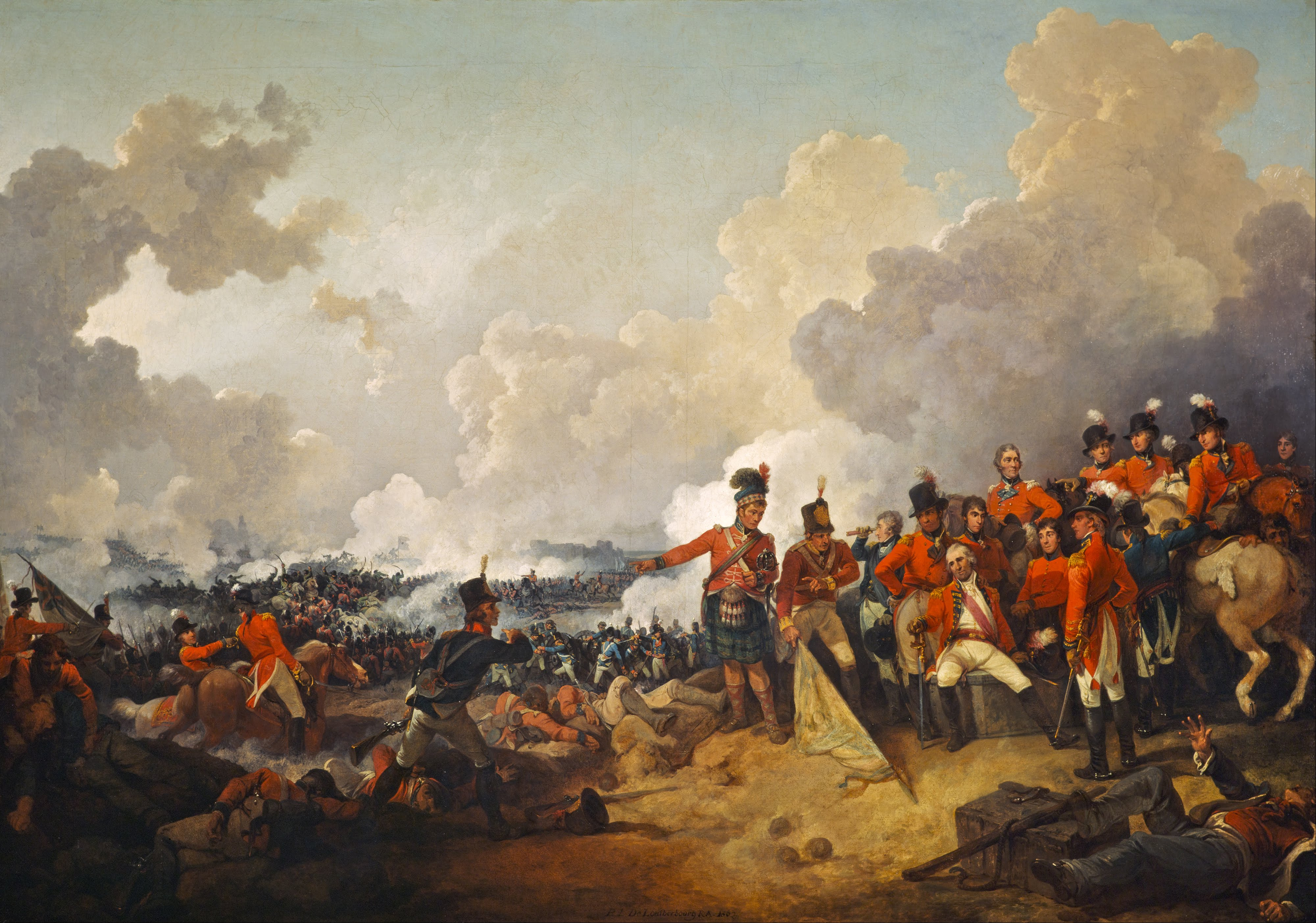
Napoleon slams a hand down, rattling ink bottles and challenging the conviction of his lieutenants. Word has come: Egypt is lost. The day folds under the weight of their defeat, and sweat burdens the brow. After a swift reign of only seven years, the French are forced into the fringes of Alexandria. The British have brutalized their way into Cairo, supported by axed, surly Ottomans. Egypt sways in the balance, tight-roped between world powers.
Napoleon seethes and surrenders.
What he once called “the world’s most important country” is now cradled by his fated rivals.
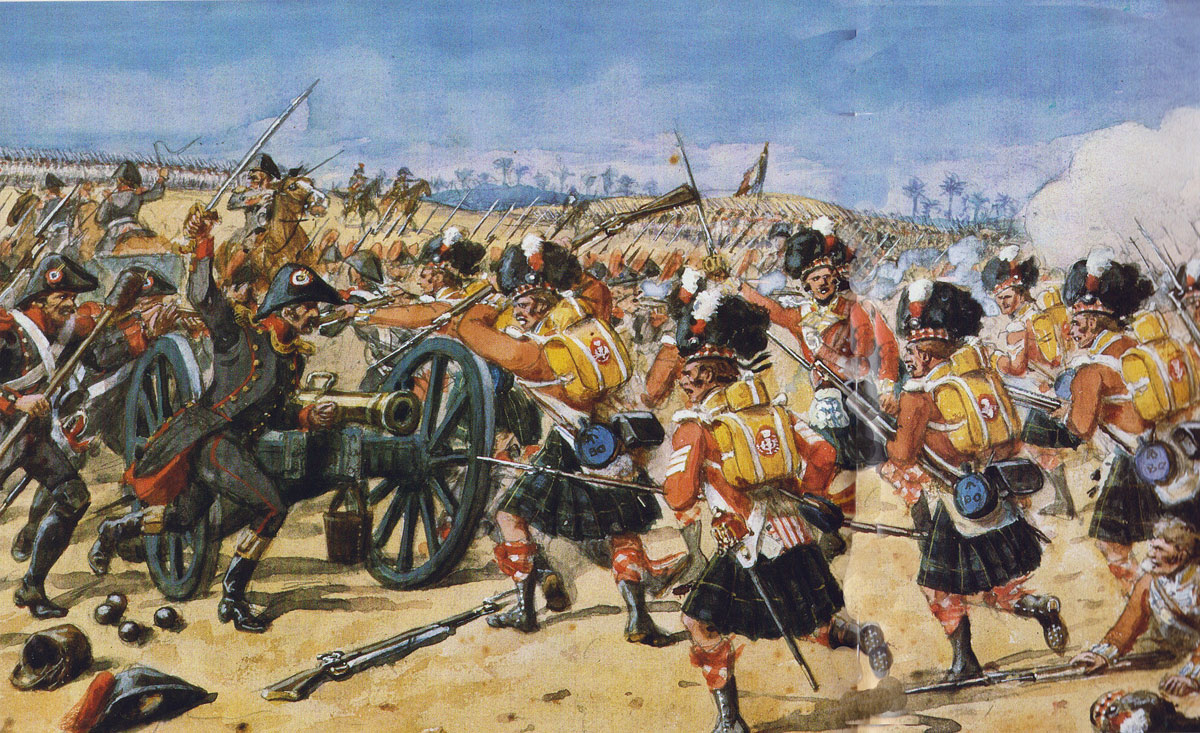
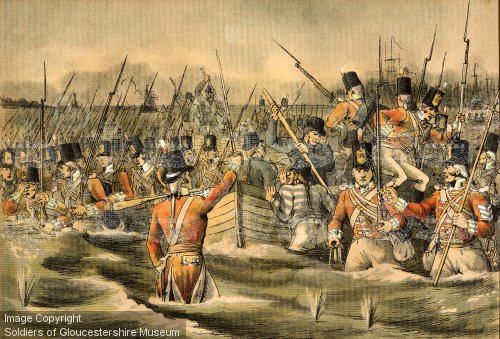
It was 21 March 1801 when the French entered the Battle of Alexandria: their final stand on Egyptian soil, and a defining moment for Egyptian modernity. France is credited as the “awakening” of modern Egypt, and although not the sole initiator, it provided a new landscape of political savvy, social sciences, and diplomacy; all of which remain, to this day, ingrained in the banal mechanisms with which Egypt operates.
The society that Napoleon first encountered in Mamlūk Egypt was characterized “by intellectual immobility, social rigidity, and economic paralysis;” it was a stagnant reality that remained so for hundreds of years. Paris had lofty, Eurocentric aspirations for Egypt—Napoleon strengthened state legislation, destabilized the Ottomans, and for better or for worse, removed religion’s leading role in politics.
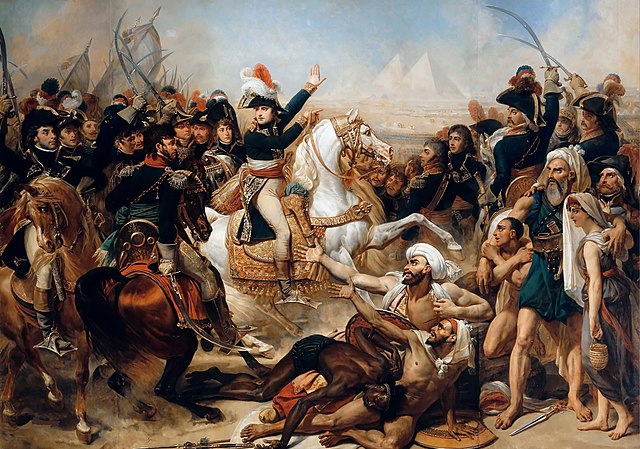

He had effectively introduced Europe to the potential of the Middle East—and in doing so, changed the regional playing field after his defeat in Egypt. The Battle of Alexandria is remembered as the turning point of European intervention in Egypt, the final imperialistic struggle that defined its present-day.
The battle took place on the outskirts of Alexandria, between France’s First Republic army, under the leadership of General Jacques-François Menou, and the British expeditionary corps under Sir Ralph Abercrombie. A bloody tug-o’-war for the city ensued near the ruins of Nicopolis, where British troops would finally lay claim to Egypt and vanquish the French expedition’s final leg in Alexandria.
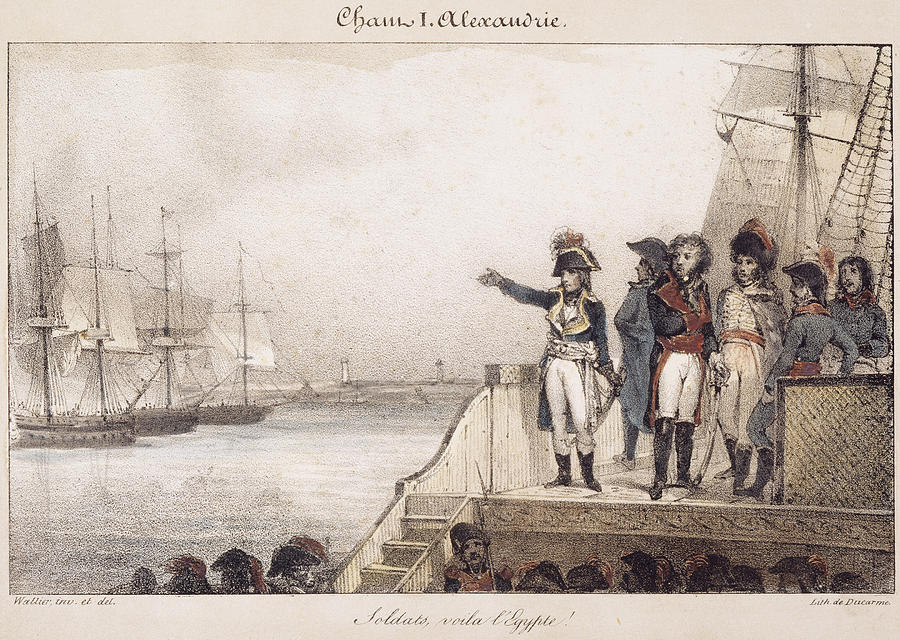
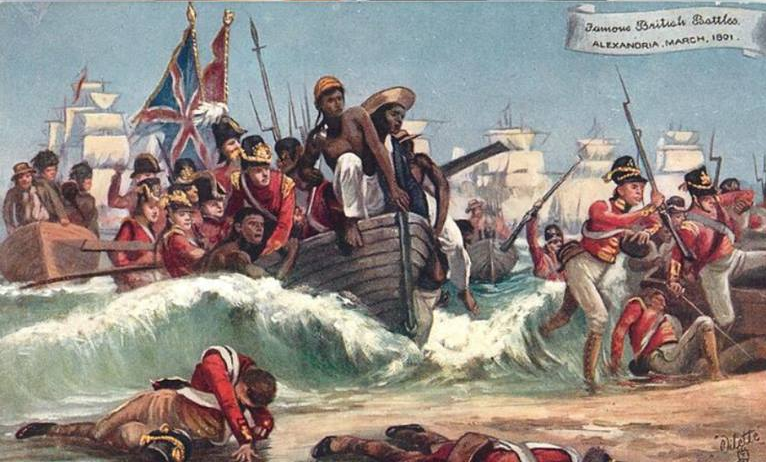
It had been carnage, as British Sergent Joseph Coates describes in his memoir of the Egyptian campaign:
“….such a quantity of horses falling from the fire, occasioned many others to stumble, and fall upon them, the others were thrown into complete disorder and made all speed to return. In joining my regiment I had to jump over several of the enemy’s dead horses and men, and turning around, was astonished at the execution which had so instantaneously been done.”
The French charged in three columns of military armature: one towards the flank of the British forces, one from the rear, and one firmly assailing from the front. Despite seemingly locked in place, Abercrombie used the disarray that resulted to his benefit and overtook the scattered forces in a mess of gore and carnage. The battle was not a long one, despite its key role in Euroasian politics.
The failure of the French in Egypt, and the failure of Napoleon’s forces in this battle, signaled “to Europe and the Ottomans that the [French] Empire was in decline and vulnerable to colonization by Western powers.” Although the battle took place on the outskirts of Alexandria, the effects rippled outward politically—and inward, ideologically.
The power-grapple had borne a new Egypt.
With the reinstatement of Muhammed Ali’s successors as kings and queens by the British, the intertwining of France’s western philosophies met with eastern, Ottoman understandings. It’s this very overlap that is assumed to have founded modern Egyptianism—an identity muddled over years of invasion and melting-pot realities.
Although all three parties were fierce colonizers—France, Britain, and Turkey—they undeniably influenced the way in which Egypt functions today: from borrowed language, gastronomy, architecture, and dress, to the very structure of its judicial, political, and religious systems. In a single moment, in a battle off the coast of the Mediterranean, all three ideologies met, muddied, and fought on Egyptian soil.
All three realities were embedded into the Battle of Alexandria: a moment that diverted the course of Egypt’s history, redefining its modern identity.





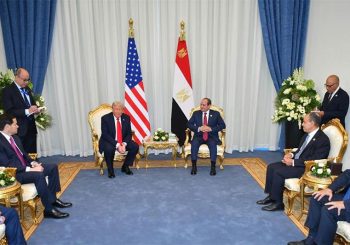

Comment (1)
[…] © Egyptian Streets […]